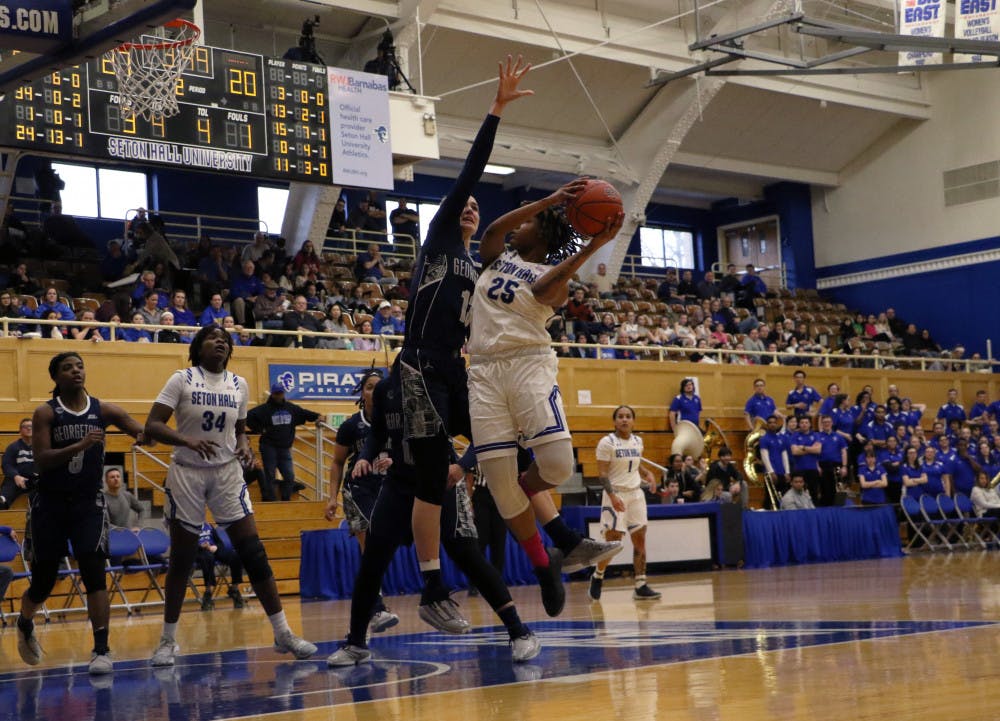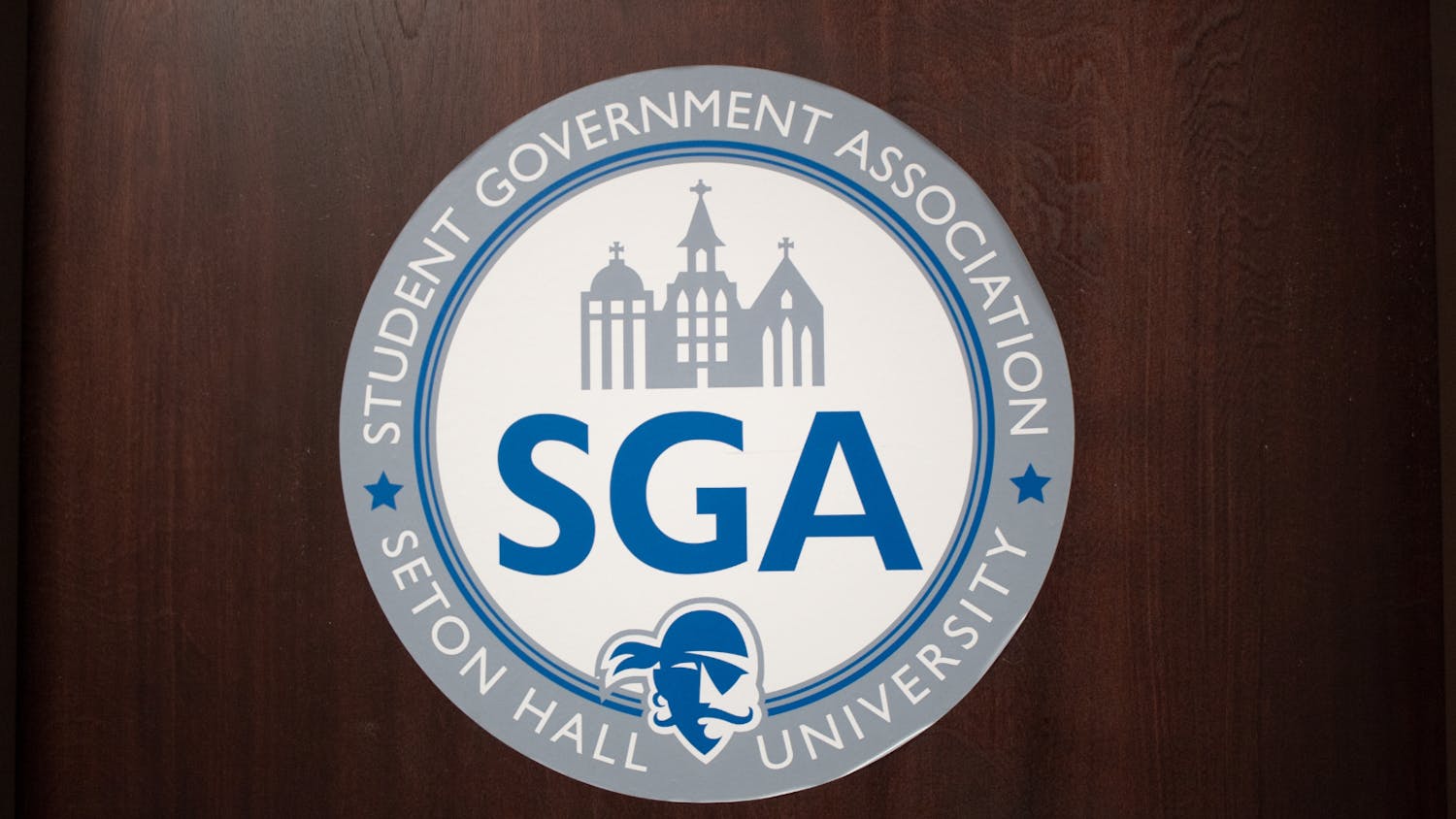Riders of New Jersey Transit will feel the burden of the anticipated fare hikes, which will begin on May 1.
The final fare plan provides a 10 percent increase for local bus and light rail lines. Bus and light rail riders make up about 52 percent of NJ Transit customers, according to NJ Transit. The plan will preserve select bus routes in eight counties which NJ Transit operates.
The New Jersey Transit Board of Directors approved a revised fare and service plan on April 14, which will ease the impact to the majority of its riders. While NJ Transit acknowledged many are transit-dependent riders and low-income customers, as well as seniors and people with disabilities, the plan is gauged to close the agency's looming $300 million budget gap.
Rail tickets will encounter a steeper fair hike of 25 percent. Monthly discounts will be maintained. However, off-peak rail roundtrip rates will be discontinued after April 30 and off-peak tickets will not be accepted after May 23.
While the current one way price between South Orange and New York Penn Station is $5.50, starting May 1 the one way price will be raised to $6.75. Additionally, the current round-trip price is $11, with off-peak round-trip tickets rated at $9.25. The round trip price will become $13.50 for both peak and off-peak hours.
NJ Transit customers who hold weekly and monthly passes who need to make connections between train and bus routes should still be able to do so without encountering additional cost.
Among the riders affected will be Seton Hall students. Junior Melissa Piccinich uses NJ Transit to travel for internships in the city, where she now interns at Sony Music three days a week.
"Most internships in the entertainment field are unpaid because they are so competitive and rewarding for students willing to work for credit, only because exposure is crucial for their future careers," Piccinich said. "I think the fare hike may cause discouragement among younger students who have yet to secure internship positions."
Piccinich said she thinks the fare hike may affect those who are actively interning. With the additional costs piling up, she said it is possible that students may have to cut hours to save money.
"I think it's important that commuter students have different transportation options," Piccinich said. "It seems as though commuters get penalized because they chose not to live on campus."
Interstate and commuter bus fares will also incur an increase of 25 percent, and discounted 10 trip tickets will continue to be offered to customers, but discounts will be capped at 15 percent.
Additional discounts for seniors, children, and those with disabilities will still be offered at 50 percent or more off of the one-way fare.
Still, the discounts are not favoring students, including Matthew Dudek. "I go in to New York at least twice a month," Dudek said. "Currently this is affordable even as a college student. (Now) I doubt I will be able to visit nearly as often as I do. I feel terrible for students who may have internships in the city and already struggle to afford the transit costs."
Piccinich echoed the worries that Dudek said about students not being able to afford the new ticket hikes.
"New Jersey has many public universities, it needs to consider how many of those students are commuters and will be harmfully affected by fare hikes," Piccinich said. "Fare hikes place additional burdens on everyone, particularly students."
The system wide fare increase for the plan stands at 22 percent increase, while maintaining local bus routes in Middlesex, Morris, Monmouth, Somerset, and Warren counties; counties which had been previously proposed for elimination.
Samantha Desmond can be reached at samantha.desmond@student.shu.edu.





